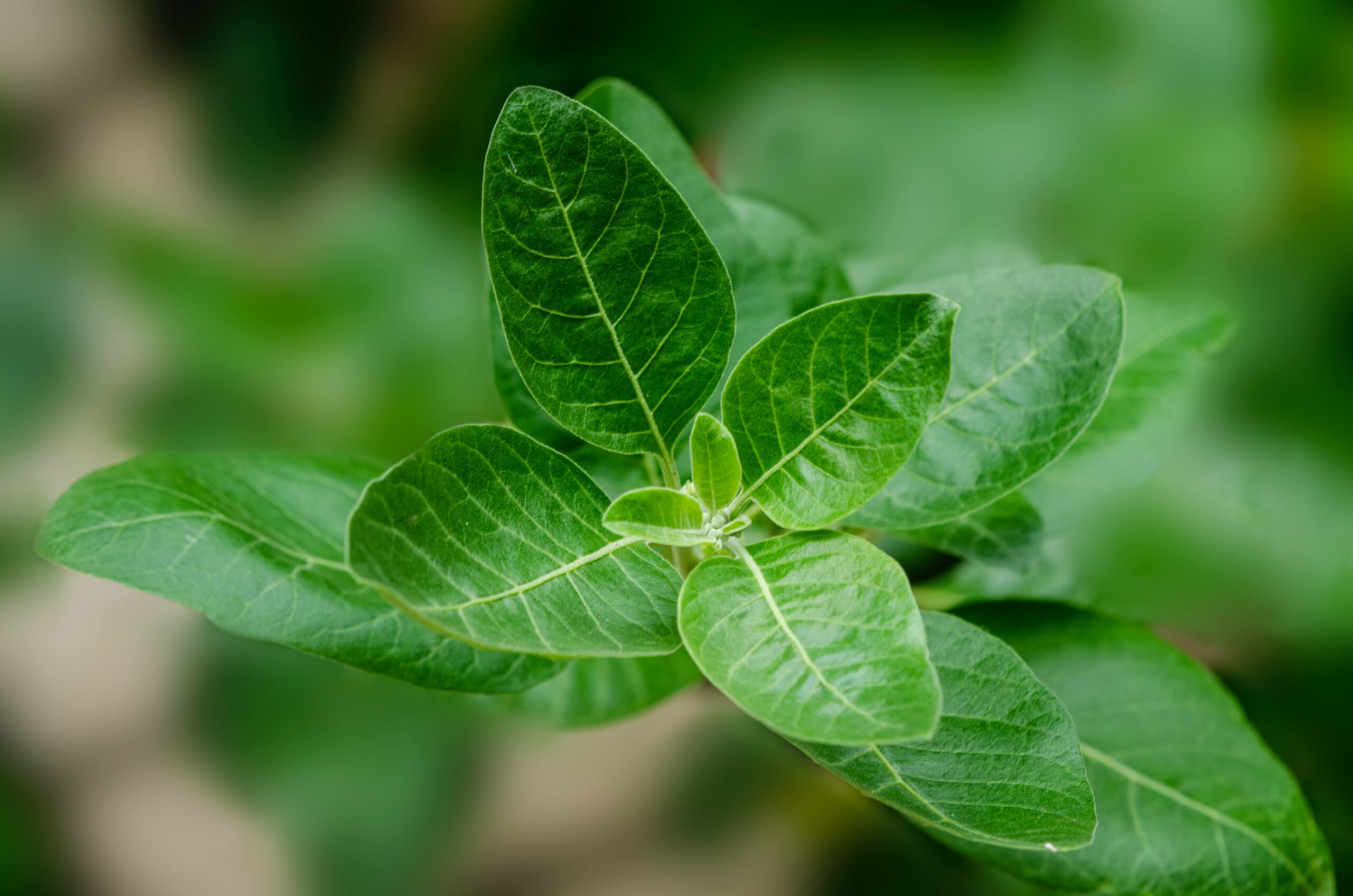Date of the last update: 04.08.2022
Adaptogens are our allies! Learning about adaptogenic plants is the first step to support our body to perform better, both physically and mentally. A large number of adaptogens are plants that have been known for thousands of years, their use dating back to Ayurveda and traditional Chinese medicine. Fortunately for us, over the years there have been many studies carried out to confirm the beneficial properties of these plants. Find out more and invite them into your life for longer.
Table of Contents:
You can read this article in 5 minutes.
What are adaptogens?
Herbal medicine is one of the most effective forms of treatment known to mankind since the dawn of time. Many scientists study plants that show a special effect on the human body. Adaptogens are such amazing plants, supporting us comprehensively and affecting the state of balance in the body. The term itself is quite “new”, as it was introduced in the 1940s to describe plants showing extraordinary and unique properties. This is still the case today. Adaptogens is the generally accepted name for plants with unusual properties that affect the entire body. The term adaptogen comes from the Latin verb “adaptare”, meaning to adapt, which immediately gives us the idea that these are plants which help us to adapt to often unfavourable and changeable external factors.
For a plant to be considered an adaptogen, it must fulfil 3 conditions. Firstly, it must be non-toxic, i.e. it cannot give any negative effects when taken and cannot be addictive. Secondly, owing to its holistic action it boosts immunity and increases resistance to stressful situations. Thirdly, it has a normalising effect on the body, helping it to achieve a physiological balance.
What makes adaptogens so special?
- help keep the body balance
- support body functions
- bring about a general physical and mental resistance to external factors
- reduce chronic stress and our response to stressors
- improve emotional intelligence and the ability to cope with emotions
- support the state of harmony and homeostasis in the body
- stabilise the nervous system
- have a normalising effect on the body
- act on a cellular level
- influence neurological processes
- reduce anxiety, panic attacks, lower high blood pressure and decrease cortisol levels
- have a holistic effect and support both our mind and body
- are not-toxic.
As you can see, adaptogenic herbs can regulate the body’s state of balance. It is amazing that the active compounds present in some plants stimulate the body in a normalising way, thus regulating our response during difficult times and in stressful conditions. By learning more about adaptogenic plants and herbs and choosing the right forms of intake for yourself you can significantly improve your quality of life.
Some adaptogenic plants worth knowing:
Ashawganda
It is one of the most studied adaptogens. Many findings show that it has a harmonising effect on the body. It is especially recommended for people who struggle with extreme exhaustion, as it supports and optimises mental and physical health, aids concentration and learning. It brings back your emotional stability and helps relieve stress. It has a beneficial effect on the circulatory system and heart function. In addition, it is an antioxidant and thus makes your skin look healthier.
Ginseng
This plant has been used for centuries. It was called the “root of life”, because it was believed to help achieve longevity in good health. Many consider it a panacea for all ailments. It is known for improving general physical performance and its beneficial effect on the immune and hormonal systems. It stimulates the nervous system promoting better concentration and memory. It is also helpful when our immunity is weakened and improves our ability to cope with stress.
Gotu Kola
It owes its fame to its beneficial effects on the brain and memory. It increases neuroactivity and brain plasticity, thus facilitating thinking, learning and concentration, while simultaneously protecting against free radicals. It is a naturally supportive herb, valued for its anti-inflammatory and anti-fungal properties, it cleanses the skin and soothes skin problems.
Rhodiola rosea
This plant boosts the nervous system in particular. It naturally improves our well-being and helps achieve emotional stability, which can be helpful for people struggling with mental disorders and depression. It enhances brain function, cognitive processes, concentration, learning speed, is also has a neuroprotective effect. It supports the mental health and positively affects the body. It increases resistance of the body, helps to recover after exertion and increases vital energy.
Chinese Citronella
This plant promotes both physical and mental well-being. It enhances immunity, improves resistance and will help you when you need to cope with weakness and mental fatigue. It has an antioxidant effect, supports the nervous and digestive systems, circulatory function and heart. It regulates blood pressure and reduces the risk of heart attack. Citronella promotes liver health with its hepatoprotective and hepatoregenerative effect.
Astragalus
A valuable herb with a rich composition of active compounds which yield strong anti-inflammatory and body-strengthening effects. It influences the nervous system, slows down cell ageing processes and positively affects immune and hormonal systems. It supports women’s health during menopause.
Explore more: 5 reasons to follow the Horta (Wild Food) Lifestyle
Summary
As you can see, adaptogenic plants are an absolutely fascinating topic. It is vital that there are plants which can provide our body with a natural support, both when we want to prevent illnesses or need an extra boost. However you need to remember that they do not treat diseases but bring about a natural state of balance. Still, this action of creating homeostasis in the body and supporting both the mental and physical spheres is essencial for us.
Check out also: How Do Probiotics and Prebiotics Work?

